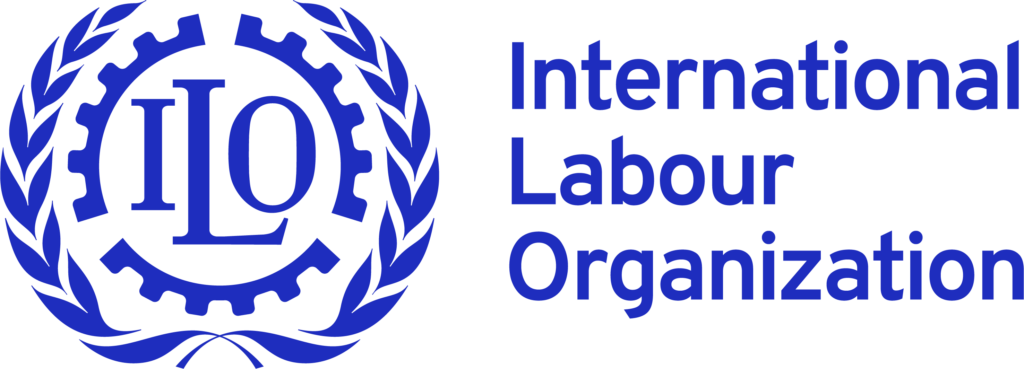The Peninsula
Lasting Impact of the Division on Civil Liberties

What Happened
- On April 20th, the National Assembly ratified three of the remaining four International Labor Organization (ILO) conventions that South Korea has not yet implemented.
- Moves to ratify the conventions were proposed in 2019, but progress was not made, as many conservative politicians and businesses opposed the changes.
- Despite ratifying these conventions, South Korea has not adopted the provision on prohibiting the use of forced labor as a punishment for political speech, as doing so would contradict the country’s National Security Law.
Implications: The division of the Korean Peninsula continues to negatively impact civil liberties in South Korea. The government’s inability to ratify the International Labor Organization’s convention prohibiting forced labor as a punishment is representative of this conflict. Designed to criminalize any activities that might aid North Korea, the National Security Law and its use of forced labor to potentially punish violators maintain enough political support to thwart proposed amendments. This remains the case despite President Moon Jae-in’s campaign promise to adopt the ILO conventions and reaffirmation of this pledge by incumbent Labor Minister Lee Jae-gap.
Context: The International Labor Organization is a UN agency that seeks to improve labor conditions through global standards and policies. South Korea first joined the ILO in 1999 without ratifying conventions “No. 87 on freedom of association and protection of the right to organize and No. 98 on the right to organize and collective bargaining,” until this April. The forced labor convention remains unratified, due to South Korea’s National Security Law, which was first implemented in 1948 in response to the perceived threat of communism in South Korea. The law criminalizes any activity interpreted as undermining or seeking to overthrow the South Korean government, and it has been criticized for the vague language defining these crimes. The provision in the law blocking the ratification of the ILO convention on forced labor states that the Labor Management Law does not apply to violators of the National Security Law, thus making forced labor a legal punishment for actions found to be against the South Korean state.
This briefing comes from Korea View, a weekly newsletter published by the Korea Economic Institute. Korea View aims to cover developments that reveal trends on the Korean Peninsula but receive little attention in the United States. If you would like to sign up, please find the online form here.
Korea View was edited by Yong Kwon with the help of Melissa Cho and Alexandra Langford.
